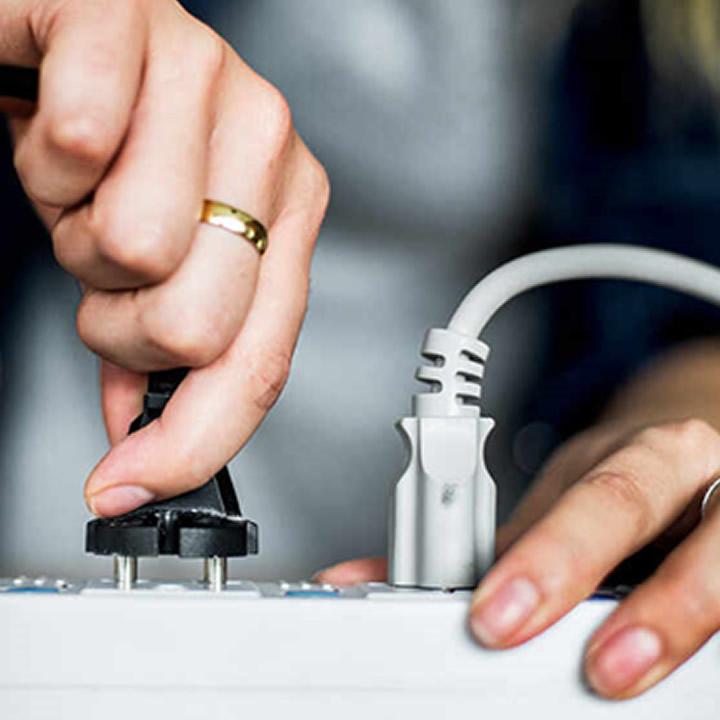Electricity and the use of electrical appliances are in most households today. So every homeowner should know how to use electricity and electrical appliances safely. To ensure they keep everyone safe and protect their property.
If they are unsure of how to handle an electrical issue, an electrician from Naples can be helpful in the electrical situation at hand.
Always sort electrical issues through a professional. In this way, you will prevent any serious health and safety risk issues that can occur if it is left unattended. If you are not familiar with the safety tips, contact your local electrician to be on the safe side. Below are common electrical safety tips you should know as a homeowner.
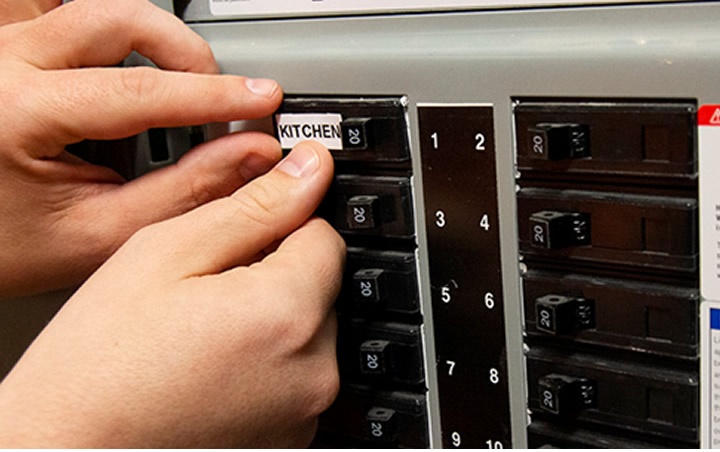
Label your circuit breakers
How do you handle an electrical emergency in your home when it occurs? In case of one, you should be in a position to shut off the correct breaker to kill the power. Do this in times of emergencies and during minor maintenance work. Plus, it is only possible if you have your breakers with the correct labels.
If you have inherited breaker labels with scrawled codes from a previous homeowner, take time to figure out what every breaker controls and label them accordingly. To test every outlet, use radios, and plug-in lights to check every wired-in fixture as you switch the breaker on and off.
Be careful with DIYs
As a homeowner, you can face the temptation to do electrical DIYs. However, if you are not familiar with what you are doing, it is best to be safe than sorry and call in a professional electrician. Putting up a curtain rod is less risky in comparison to replacing the showerhead as a DIY activity.
Therefore, be realistic in your abilities during electrical fixtures, and avoid any work you have no experience in for safety reasons. For instance, to rewire a new light fixture or add a new circuit to your breaker panel requires more expertise than watching a YouTube tutorial.
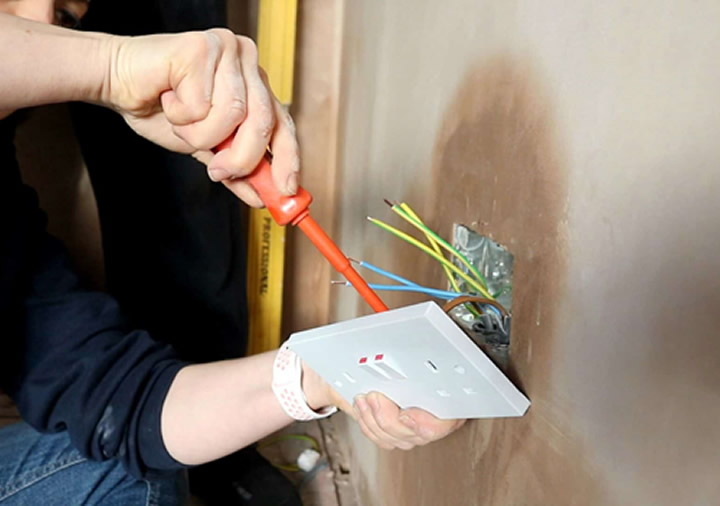
Power off during work
No matter how minor of electrical work you are doing, power off to work safely. If you already know which breaker controls which device, use this knowledge every time you do any electrical work. Not only should the homeowner follow this rule, but anyone in the house and has to do or supervise any electrical work.
To stay safe, do not just turn off your device, but shut off the power at the breaker too. If you are unsure which breaker controls the work area you are working on, it is best to turn off the power to the whole house.
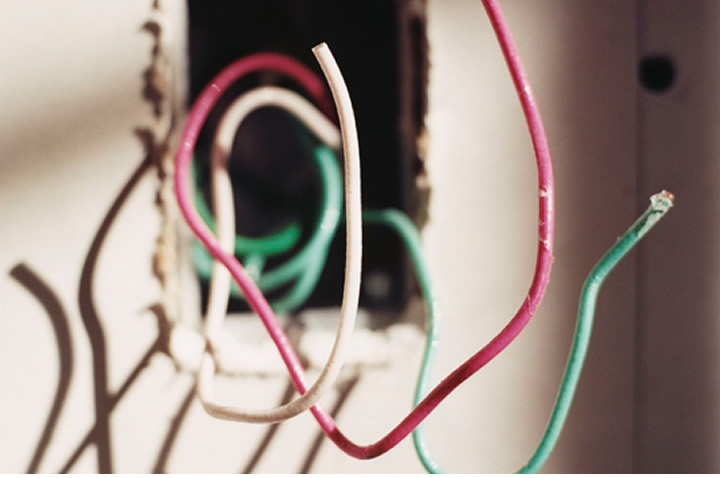
Cords should be left open
If you are using the cord that comes with the appliance, or the extension cords to have more outlets, always leave the electrical cords exposed. Ensure your carpet, rugs, paneling, or flooring does not cover them. In doing this, you avoid any possible fire risks, for when there is a cover over your cords, they can overheat to create a spark.
Therefore, leave electrical cords visible and easily accessible, and ensure that you always watch on all electrical cords in your home. This is a common electrical hazard in most homes, especially where you have to use extension cords.
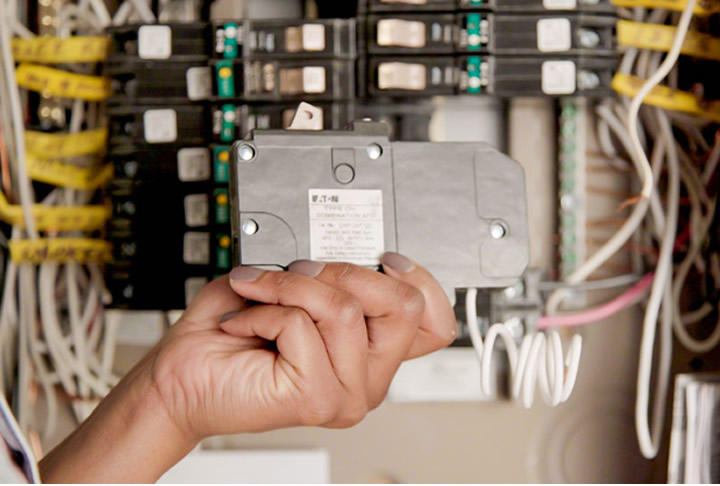
Install GFCIs
Electrical outlets mostly in kitchens or bathrooms or near any other water source should have a ground fault circuit interrupter installed. GFCIs work like circuit breakers and cut the current in case of an instant surge, preventing shocks if the outlet gets wet. Therefore, ensure to install all your outlets with GFCIs, if you are familiar with the wiring. If not, have a professional electrician install it for you.
Use extension cords well
Extension cords are not permanent electrical fixtures in the home. Unfortunately, many people use them as permanent fixtures to have everything connected as it increases the number of plugs from every outlet.
If this is what you want, get a power bar or multi-plug. The main reason to use an extension cord should be to give you added length for your appliance to reach an outlet if it is not close enough. And, this should be the temporal use only.

